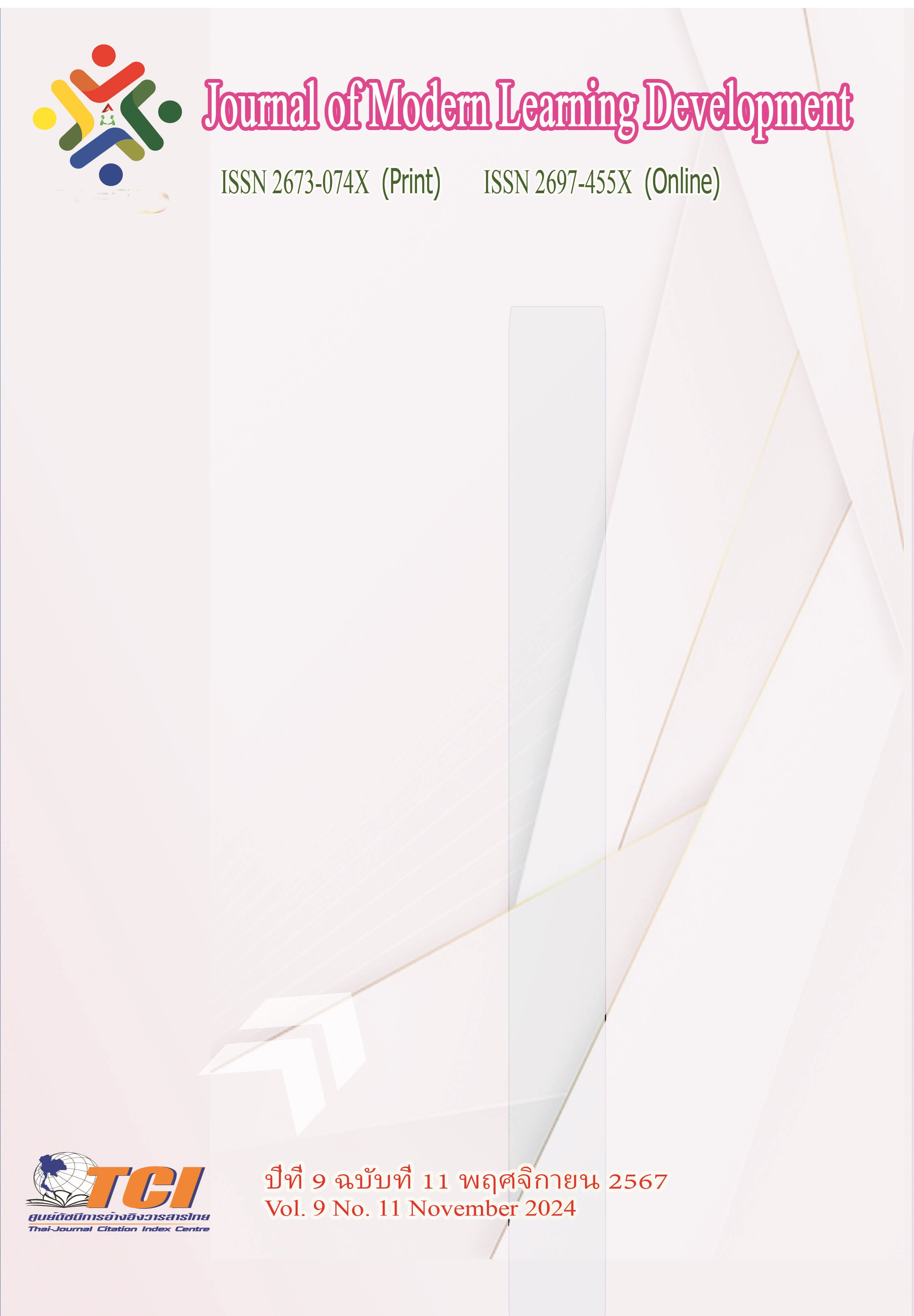The Effect of Leadership on Employee Engagement in Fujian Tourism Management Company in China Based on the Five Forces Model of Leadership
Main Article Content
Abstract
The objectives of this research were threefold: to investigate the impact of leadership styles on employee engagement in Chinese tourism enterprises, to analyze the mediating role of employee satisfaction in this relationship, and to provide practical suggestions for enhancing engagement in this specific industry and cultural context. The sample consisted of employees from various tourism enterprises in China, selected through a stratified random sampling method to ensure representativeness. The research instrument for data collection was a comprehensive questionnaire that captured information on leadership styles, employee engagement, and satisfaction levels. The data were analyzed using descriptive statistics, correlation analysis, and regression analysis to determine the significant factors and relationships.
The research results found that certain leadership styles positively influence employee engagement in Chinese tourism enterprises. Specifically, transformational leadership, which emphasizes inspiration, motivation, and intellectual stimulation, was positively correlated with employee engagement. Employee satisfaction emerged as a significant mediator in this relationship, suggesting that satisfied employees are more likely to be engaged. Based on these findings, the study proposes practical suggestions for tourism enterprises in China to foster positive leadership styles and improve employee satisfaction, ultimately enhancing engagement levels.
Article Details
References
Dombrowski, C., & Mielke, T. (2017). Leadership foresight and its impact on employee well-being. Journal of Organizational Behavior, 38 (3), 234-254.
Ghasabeh, M. S., Soosay, C., & Reaiche, C. (2015). The emerging role of leadership in managing change. Journal of Business Research, 68 (3), 805-815.
Liden, R. C., Wayne, S. J., Liao, C., & Meuser, J. D. (2014). Servant leadership and serving culture: Influence on individual and unit performance. Academy of Management Journal, 57 (5), 1434-1452.
Nwankpa, J. K., & Roumani, Y. (2017). IT capability and digital transformation: A firm performance perspective. Journal of Business Research, 70, 116-127.
Sendjaya, S., Eva, N., Butarbutar, I., Robin, M., & Castles, S. (2018). Servant leadership in Asia: The moderating role of job satisfaction and follower cultural orientation. Leadership Quarterly, 29 (3), 299-314.


